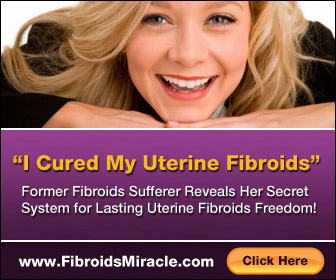Uterine fibroids grow when there is estrogen. Hormone replacement therapy (HRT) uses small amounts of this hormone, so some experts say that it isn’t likely to stimulate fibroid growth. However, there is a number of fibroid cases that were said to be caused by HRT.
A 2002 study about HRT’s effect on postmenopausal women’s fibroids concluded that the therapy makes them grow, but only during the first two years. After the third year, they tend to shrink in women, whether they underwent HRT or not.
A 2013 study had a different conclusion. It stated that the uterine myoma sizes of the subjects were not affected significantly by HRT. It also mentioned that at the time the study was made, the link between HRT and uterine myoma remained unclear.
Take note that the studies did not say that the HRT caused fibroids to grow. It is possible that the fibroids were there before the HRT was given.
Right now, HRT doesn’t have absolute contraindications to it, but it may be prohibited when the woman has some medical conditions like breast cancer, stroke, cardiovascular disease, and uncontrolled hypertension. Caution is required when there is unusual vaginal bleeding, ovarian/endometrial cancer, and liver/gall bladder problems.
There are some doctors who do not prescribe HRT when there are fibroids. This is simply to avoid the small risk of them growing. As mentioned, there are women who have taken HRT and had an increased volume of fibroids, but these growths disappeared over time.
HRT is given to relieve menopausal symptoms such as hot flashes, urinary problems, sleeping difficulties, etc. However, if HRT is triggering fibroid growth and is causing worse symptoms, it may be discontinued. It will depend on what you are willing to tolerate and what the doctor considers as necessary for your health.
Most fibroids do not cause any symptoms. If they are causing problems, it may be practical to have them removed before taking HRT. There are different ways to remove fibroids, and there are benefits and risks to each. Again, you will have to discuss with your doctor about what’s best for your particular condition.
The Verdict
Fibroids require estrogen to grow in size. If the fibroids appeared during menopause, they may be caused by something that has increased the estrogen supply in your body. The doctor can help figure out what is causing them to grow and find ways to stop it. He or she can also prescribe medication to help you cope with the symptoms.
According to experts, HRT is not likely to cause fibroids, but it may cause them to stay longer once they do manage to develop. You may still take HRT even when you have fibroids, but it will depend on your doctor’s decision.
If you experience some unusual symptoms that may be caused by uterine fibroids, it is better to have it checked. You may need to have them removed, especially if they cause extreme discomfort and severe bleeding. If not, you can stop worrying because they are likely to go away on their own after a few years.


